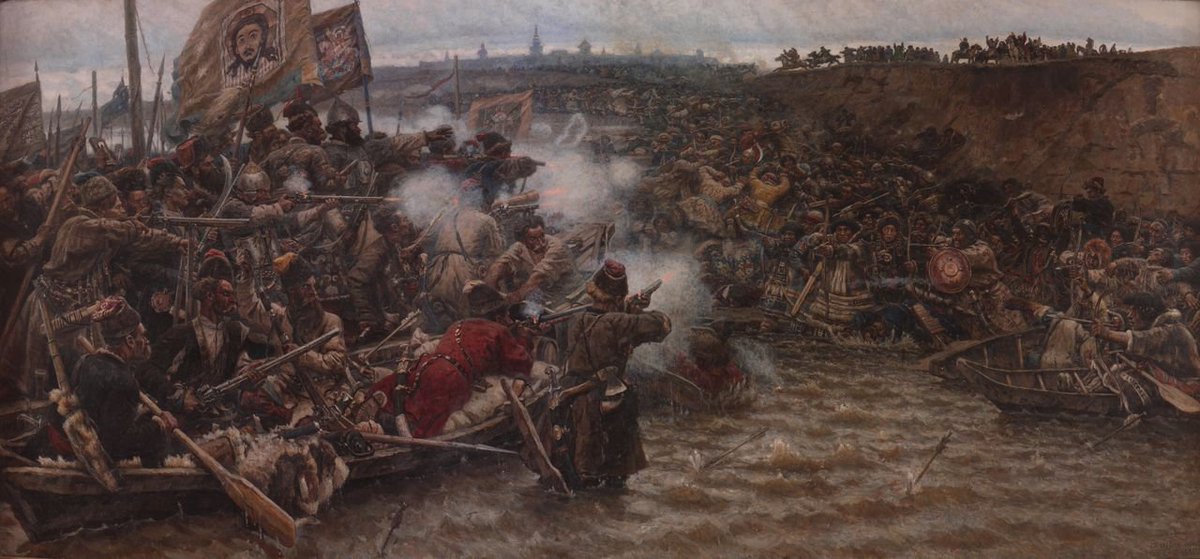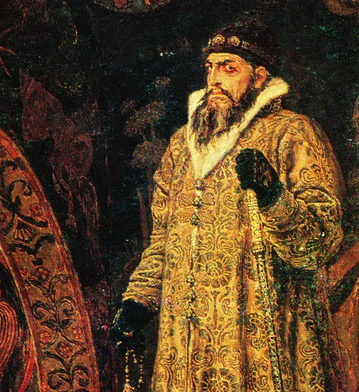🧵It is getting more simple by the day to fight Russia in Ukraine.
Ukraine's allies must use their overwhelming economic and technical potential to help Ukraine.
Europe alone is 10 times larger than Russia in terms of technical and economic potential.
What does that mean?
1/
Ukraine's allies must use their overwhelming economic and technical potential to help Ukraine.
Europe alone is 10 times larger than Russia in terms of technical and economic potential.
What does that mean?
1/

Let's look at it systematically:
Why simpler?
Because many alternatives have fallen away for Russia.
Before february 2022, Russia did large scale exercises near Ukraine's borders. They played out a large scale tank battle with their more modern equipment.
All gone now.
2/
Why simpler?
Because many alternatives have fallen away for Russia.
Before february 2022, Russia did large scale exercises near Ukraine's borders. They played out a large scale tank battle with their more modern equipment.
All gone now.
2/

Russia is now unable to wage a major tank battle. They now repair old T62 tanks for front line service, some of which cannot even shoot. Russia lost 8152 tanks amongst which almost all of their modern ones. No tank battles for Russia anymore.
What else? Air Force?
3/
What else? Air Force?
3/

in February 2022, Russia could bombard many targets in Ukraine. And they did.
Could they do the same today? Not anymore.
Russia lost air dominance. They lost radars, including advanced radar planes, Russia lost air defence, including their best. Russia lost 360 jets.
4/
Could they do the same today? Not anymore.
Russia lost air dominance. They lost radars, including advanced radar planes, Russia lost air defence, including their best. Russia lost 360 jets.
4/

Navy?
We all know what happened to the Black Sea fleet. Russia withdrew from Crimea to a harbour in Russia itself and they hardly dare to go out at sea.
Russia lost its flagship, many other larger and smaller missile carriers and their landing ships.
Taking Odesa? No way.
5/
We all know what happened to the Black Sea fleet. Russia withdrew from Crimea to a harbour in Russia itself and they hardly dare to go out at sea.
Russia lost its flagship, many other larger and smaller missile carriers and their landing ships.
Taking Odesa? No way.
5/

Elite troops?
For some reason or other, Russia sent their elite troops, VDV, Spetsnaz and other career military into losing battles. When things were going wrong, Russian generals propped up their Z troops with elite fighters and that was the end of them.
They're gone.
6/
For some reason or other, Russia sent their elite troops, VDV, Spetsnaz and other career military into losing battles. When things were going wrong, Russian generals propped up their Z troops with elite fighters and that was the end of them.
They're gone.
6/

Stupid, because they lost their best.
The Russian generals didn't withdraw on that front, which would have been the wise decision, but they probably wanted to show to their leaders that they did everything they could: sending their best troops. And then losing them.
7/
The Russian generals didn't withdraw on that front, which would have been the wise decision, but they probably wanted to show to their leaders that they did everything they could: sending their best troops. And then losing them.
7/

This all begs the question: what is it that Russia can still do?
Russia is still dangerous. Its abillities have been reduced, making war simpler, but not less hard for Ukraine.
Russia is good at "rubble and meat", at glide bombing, missile barrages, propaganda and EW.
8/
Russia is still dangerous. Its abillities have been reduced, making war simpler, but not less hard for Ukraine.
Russia is good at "rubble and meat", at glide bombing, missile barrages, propaganda and EW.
8/
EW = electronic warfare.
Ukraine's strategy of eroding Russia's fighting force has been extremely successful. So has it's strategy of 'remote fighting' been: drones in the air and at sea.
Ukraine has also developed a formidable surface skimming missile, the Neptune.
9/
Ukraine's strategy of eroding Russia's fighting force has been extremely successful. So has it's strategy of 'remote fighting' been: drones in the air and at sea.
Ukraine has also developed a formidable surface skimming missile, the Neptune.
9/

Having said that, Ukraine lacks stuff that the West has. Stuff that they dearly need and cannot yet produce themselves.
1. Missiles to stop Russian glide bombing
2. Counter battery systems to wipe out Russian artillery
3. Ammunitions to drive Russians from dug in positions
10/
1. Missiles to stop Russian glide bombing
2. Counter battery systems to wipe out Russian artillery
3. Ammunitions to drive Russians from dug in positions
10/
4. Massive mine clearing capabillity
5. Missiles to stop Russian supplies by bridge, road, air and railroad.
6. Effective AD by a substantial increase of Patriots, NASAMS, SAMP/T, IRIS-T and Skynex against drones.
7. Underground bunkers for planes and electric plants.
11/
5. Missiles to stop Russian supplies by bridge, road, air and railroad.
6. Effective AD by a substantial increase of Patriots, NASAMS, SAMP/T, IRIS-T and Skynex against drones.
7. Underground bunkers for planes and electric plants.
11/

All in all:
Much of the same of what Ukraine already received, but about 10-20 fold the amount plus permission to strike any relevant military target in Russia.
Point 3 (ammo to drive Russians from dug in positions) is a separate chapter: DPICM, incendiary, bulldozing...
12/
Much of the same of what Ukraine already received, but about 10-20 fold the amount plus permission to strike any relevant military target in Russia.
Point 3 (ammo to drive Russians from dug in positions) is a separate chapter: DPICM, incendiary, bulldozing...
12/
Conclusion:
Russia can be stopped by providing Ukraine with massive firepower in all relevant areas as well as adequate air defence for cities and power plants.
Simple, conventional, but massive.
Only ONE thing has to change: our mindset.
13/13
Russia can be stopped by providing Ukraine with massive firepower in all relevant areas as well as adequate air defence for cities and power plants.
Simple, conventional, but massive.
Only ONE thing has to change: our mindset.
13/13
• • •
Missing some Tweet in this thread? You can try to
force a refresh







